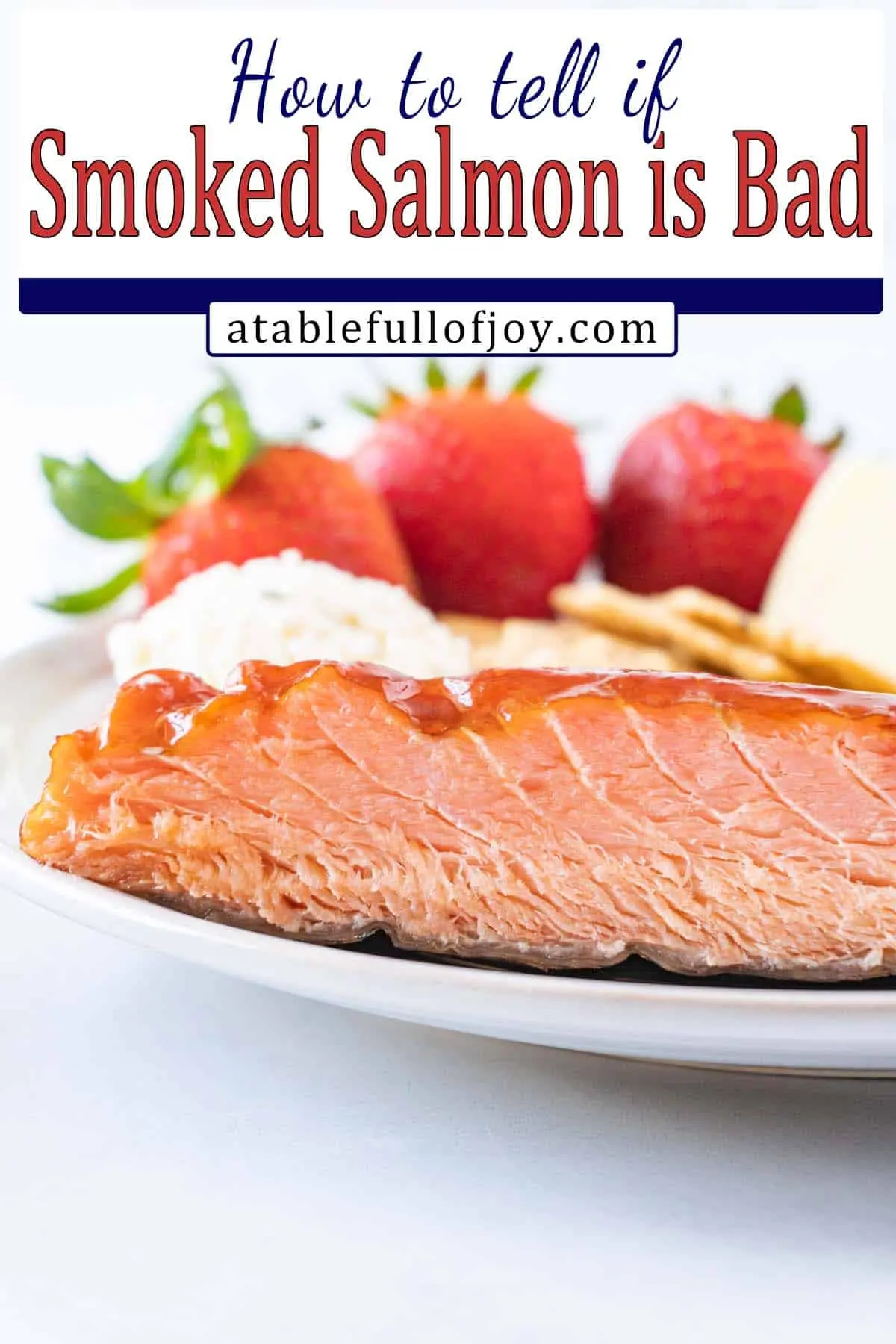Smoked salmon is a popular delicacy that is enjoyed by many seafood enthusiasts around the world. It is known for its rich, smoky flavor and delicate texture. However, like any perishable food, smoked salmon can go bad if not stored properly. In this article, we will explore the factors that can affect the shelf life of smoked salmon and how to tell if it has gone bad.
Factors Affecting the Shelf Life of Smoked Salmon
Several factors can contribute to the deterioration of smoked salmon over time:

- Storage Temperature: Smoked salmon should be kept refrigerated at all times. The ideal temperature for storage is between 32°F and 38°F (0°C and 3°C). Higher temperatures can promote bacterial growth and lead to spoilage.
- Exposure to Air: Oxygen can cause the fats in smoked salmon to become rancid, resulting in an unpleasant taste and odor. It is important to keep the smoked salmon tightly wrapped or stored in an airtight container to minimize air exposure.
- Moisture: Excess moisture can lead to the growth of mold and bacteria on smoked salmon. It is crucial to ensure that the smoked salmon is properly dried and stored in a moisture-free environment.
- Quality of the Salmon: The quality of the salmon used for smoking can also affect its shelf life. Fresh, high-quality salmon that has been properly handled and processed will generally have a longer shelf life compared to lower quality salmon.
Signs that Smoked Salmon has Gone Bad
Despite proper storage, smoked salmon can still go bad over time. Here are some signs to look out for:
- Off Odor: If the smoked salmon has a strong, unpleasant odor, it is likely spoiled and should not be consumed.
- Change in Texture: Smoked salmon should have a firm, slightly oily texture. If it becomes mushy or slimy, it is a sign of spoilage.
- Discoloration: Fresh smoked salmon should have a vibrant pink color. Any discoloration, such as a gray or brown hue, indicates that it has gone bad.
- Mold: If you notice any mold growth on the surface of the smoked salmon, it should be discarded immediately.
Proper Storage and Handling of Smoked Salmon
To maximize the shelf life of smoked salmon and prevent it from going bad, follow these storage and handling tips:
- Refrigeration: Smoked salmon should always be stored in the refrigerator. It is recommended to keep it in the original packaging or transfer it to an airtight container.
- Temperature: Maintain a consistent temperature between 32°F and 38°F (0°C and 3°C) to prevent bacterial growth.
- Avoid Freezing: While smoked salmon can be frozen, it may affect the texture and flavor. It is best to consume it within a few days of purchase.
- Consume Within a Week: Smoked salmon is best consumed within seven days of opening the package.
- Separate Storage: If storing multiple portions of smoked salmon, ensure they are individually wrapped or stored in separate containers to prevent cross-contamination.
Frequently Asked Questions
Q: Can you eat smoked salmon past its expiration date?
A: It is not recommended to consume smoked salmon past its expiration date, as it may have already gone bad. It is important to follow the storage guidelines and use your senses to determine if it is still safe to eat.
Q: Can you freeze smoked salmon to extend its shelf life?
A: Freezing smoked salmon can extend its shelf life, but it may affect the overall quality and texture. It is best to consume it within a few days of purchase for the best flavor.
Q: Can smoked salmon be reheated?
A: Smoked salmon is typically enjoyed cold or at room temperature. Reheating it can result in a loss of flavor and texture. It is best to consume smoked salmon as is or use it as an ingredient in cold dishes.
Q: How long does smoked salmon last in the refrigerator?
A: When properly stored in the refrigerator, unopened smoked salmon can last for up to two weeks. Once opened, it should be consumed within seven days for the best quality.
In conclusion, smoked salmon can go bad if not stored properly. Factors such as storage temperature, exposure to air, moisture, and the quality of the salmon can all affect its shelf life. It is important to be mindful of the signs of spoilage, such as off odor, change in texture, discoloration, and mold. By following proper storage and handling practices, you can maximize the shelf life of smoked salmon and enjoy it at its best quality.
If you want to know other articles similar to Does smoked salmon go bad? factors, signs, and proper storage you can visit the Food storage category.


Related Articles